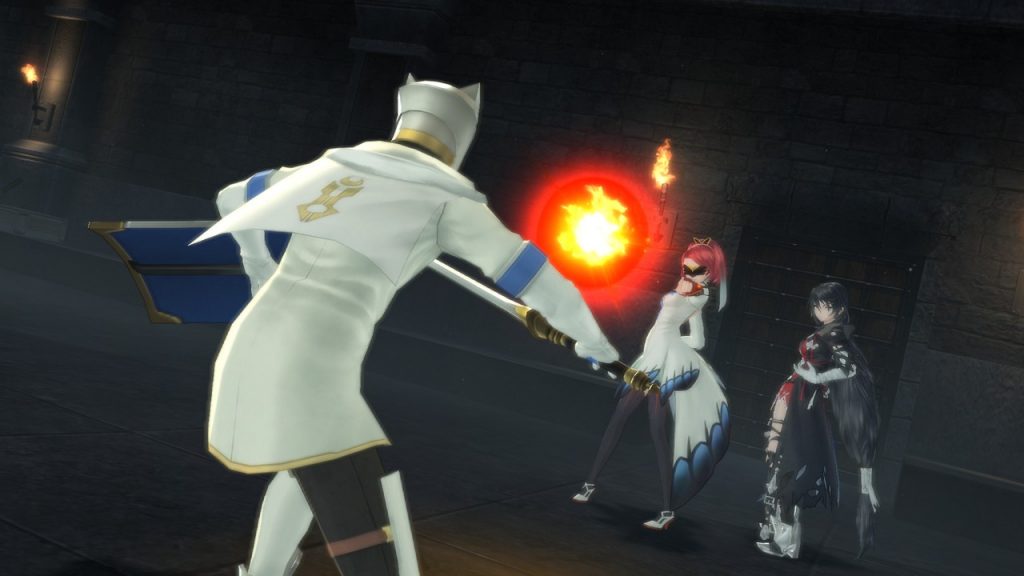

Even then, the ties that bind them threaten to come undone as their search for the truth behind the theo-political machinations of a tight group of elites collides with their need for personal vengeance. Only the fragile Malak (spirit) Laphi and the earnest Exorcist Elenor keep this ragtag group anchored in hope and distinct from the actual villains. These characters reflect just how emotionally broken their world has become in the face of multiple calamities. Nor is there much hope of redemption for the memorable company she keeps, which includes the enraged pirate Eizen, the mouthy and detached witch Magilou, and the fratricidal demon Rokurou. There's no real sunny side to the anti-heroine Velvet Crowe, who drives the plot with her unquenchable thirst for bloody vengeance on the man who took everything from her. Instead of the cheery, can-do spirit I've come to expect from the series, Berseria fully explores the darkest parts of the human heart. Berseria's greatest strength lies in its ability to tell a different kind of story from those of its predecessors.


 0 kommentar(er)
0 kommentar(er)
